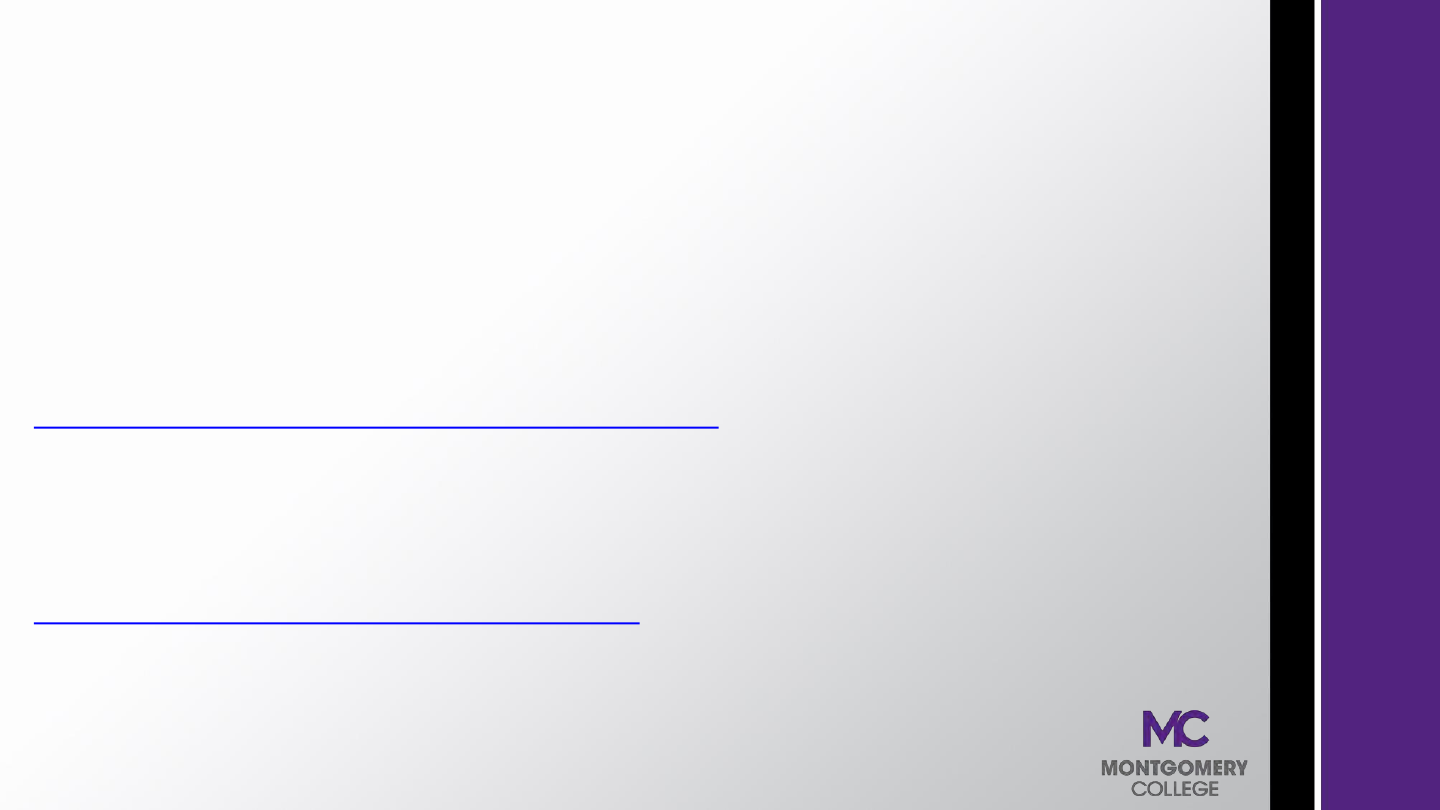
Welcome to Montgomery College!
New Faculty Orientation
Tuesday, August 20, 2024
Facilitators:
Monique Davis
Dean, Health Sciences, Health, and Physical Education
Tom Cantu
Instructional Designer
Office of E-Learning, Innovation and Teaching Excellence (ELITE)

Outcomes
At the conclusion of this orientation participants will be able to:
• Identify two or three MC colleagues to whom they can turn for
information and support
• Access essential resources for students and faculty
• Describe MC’s culture of radical inclusion and student success

1.2 Academic Strategic
Initiatives

Academic Strategic Initiatives
New Faculty Orientation Fall 2024
Dr. Michael Mills
Associate Senior Vice President of Equitable Access and Student Success
“Our strategic plan reflects changes
brought on by unprecedented times.”
President Dr. Jermaine F. Williams

Transformational Aspirations
Access
Completion
Post-Completion Success

Enhance connections between
Montgomery College and our
community
Meaningful engagement
with MCPS students and
their families by 7
th
Grade
Continuous enrollment
growth
Integration of civic
engagement in the
College’s practices
Greater sense of unity
between the College and
the community
Greater awareness of
mental health and basic
needs supports

Cultivate a sense of belonging for
everyone at the College
Students feel a sense
of belonging
Employees feel a
sense of belonging
Academic and career
advising experience
at key milestones for
all students

Enhance educational and
organizational effectiveness
Academic
excellence in all
programs
An effective
learning
environment for all
students
Efficient
registration
processes
Data informed
program
development and
scheduling
Data informed
recruitment and
student support
services
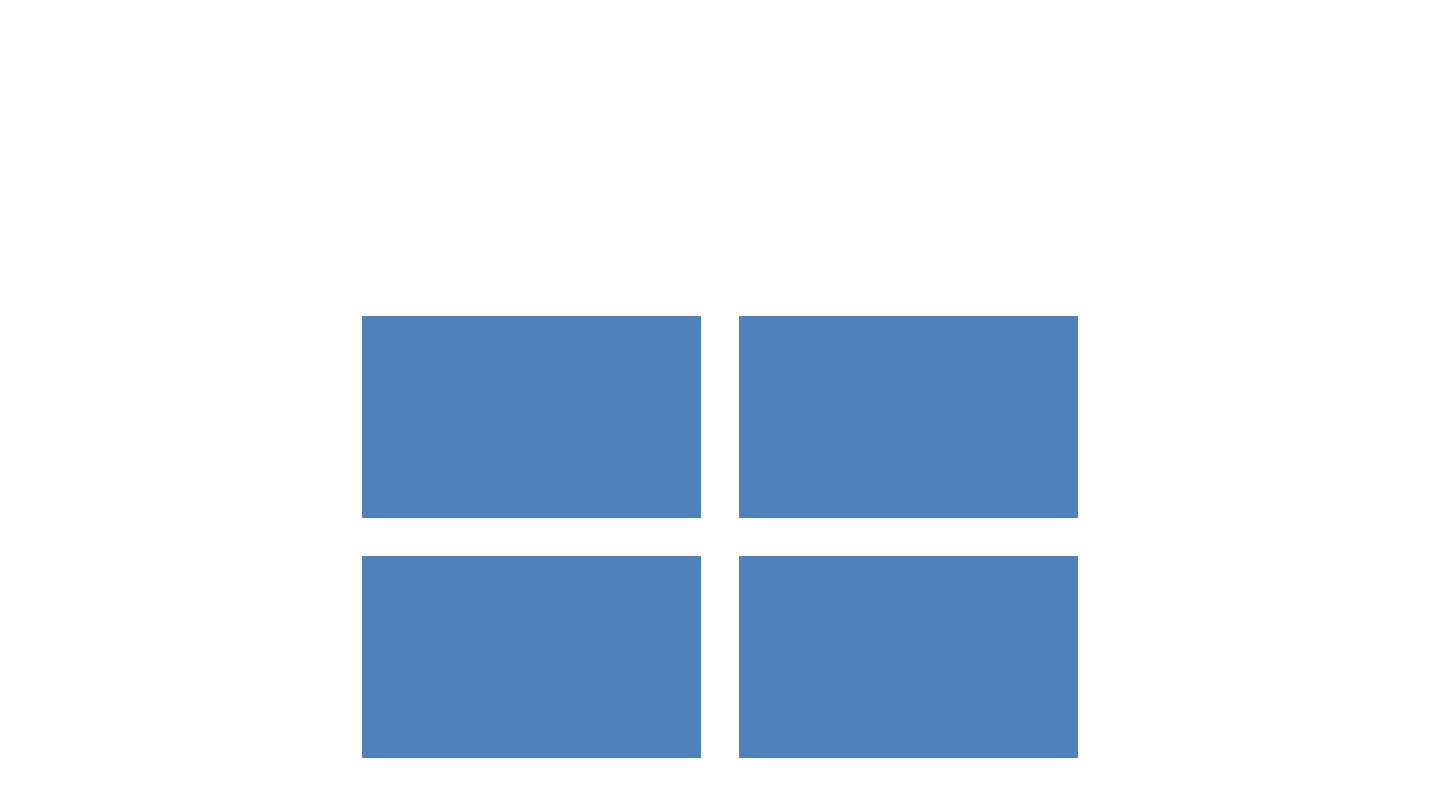
Enhance educational and
organizational effectiveness
Increased
equitable student
retention and
completion rates
Consistent student
support services
available to all
students
Competitive
compensation
packages for all
employees
Large pools of
qualified
candidates for job
postings

Increase economic impact for our
students and community
Affordable post
secondary
educational
offerings
Post-completion
success through
greater preparation
and employability
Career
development
integrated into the
student experience

Increase economic impact for our
students and community
Increased connections
between workforce and
academic programs
All degrees, certificates,
and micro-credentials
are designed for
economic, social, and
community impact
Increased economic
mobility through
decreased gaps in
earning potential among
all students

Where do you see yourself?

1.3 MC Online
& Academic Support

Dean Shinta Hernandez, Ph.D.
New Faculty Orientation
August 2024
MC Online
and
Academic
Support

16
MC Online: The Virtual Campus
MC Open: Open Educational Resources
Academic Support:
• Learning Centers
• Achieving the Promise Academy (ATPA)
Next Steps: Reimagination
Resources
Q & A
Presentation Overview

17
MC Online: The Virtual Campus
• Robust Distance
Education
Begins
Fall 2010
• Launch of the
Virtual Campus
Spring 2022
• Quality
Assurance
Microcredential
(3 badges)
Fall 2023
• 37 fully online
degrees and
certificates
Spring 2024
• Launch of MC
Online Brand
Summer
2024
National Distance Learning Week is celebrated during the first week of November.

Recent Accolades in Online Education

Online Enrollment Growth:
AY 19 – AY 23
28178
29717
30468
28060
24511
AY 23
AY 22
AY 21
AY 20
AY 19

20
MC Open: Open Educational Resources
• Achieving the
Dream (ATD)
OER Grant
Fall 2016
•Launch of the first
Z Degree
(General Studies)
•Launch of MC
Open
Fall 2017
• UN SDG Open
Pedagogy
Faculty
Fellowship
Began
Summer
2018
• eFaculty
Fellowship for
Dual Enrollment
Began
Summer
2023
• OER
Microcredential
(3 badges)
Fall 2023
Global Open Education Week is celebrated during the first week of March.

Z-Course Enrollment Growth:
Spring 2017 – Spring 2024
3400
6000
7950
9412
10653
9139
10360
12799
6400
8400
9950
10730
10716
10990
12783
0
2000
4000
6000
8000
10000
12000
14000
2017 2018 2019 2020 2021 2022 2023 2024
Spring Fall

Z-Course Section Growth:
Spring 2017 – Spring 2024
200
347
427
500
504
522
550
651
322
413
491
536
592
590
641
0
100
200
300
400
500
600
700
2017 2018 2019 2020 2021 2022 2023 2024
Spring Fall
*
* Spring 2024: 346 unique instructors and 222 unique courses.

23
Academic Support
MC LEARNING
CENTERS
Strive. Thrive. Succeed.
(ATPA)

The Learning Centers
13 Physical Locations and
Virtual Settings
Welcoming Spaces
Collaborations
Academic Departments, WDCE,
Dual Enrollment, ATPA, ACES,
ELITE, Part Time Faculty Institute,
Raptor Central, Financial Aid, OIT
Quiet spaces, appropriate
lighting and spacing,
language wall, food pantry
Dual Language Support
Data Collection and Analysis
Accudemia and Brainfuse
(DLC will expire its use of Gimlet
and Bookings)
Over 30 languages
Peer Tutor Program
Transformative experience in
which students receive PD to
engage in experiential learning

25
Achieving the Promise Academy (ATPA)
Personal
Academic
Coaching
Embedded
Academic
Coaching
Drop-in
Academic
Coaching
Student
Learning
Community

Next Steps: Reimagination
26
Listening Tour
(Summer 2024)
Retreats and
Discussions (Fall
2024)
CAR Report (Dec
2024)
Recommendations
(Fall 2024-Spring
2025)

27
Resources
Distance Education:
https://www.montgomerycollege.edu/offices/elite/e-learning.html
MC Open:
https://www.montgomerycollege.edu/offices/elite/mc-open-faculty.html
Learning Centers:
https://www.montgomerycollege.edu/academics/support/learning-
centers/index.html
Achieving the Promise Academy:
https://www.montgomerycollege.edu/academics/support/achieving-
the-promise-academy/index.html

Questions & Answers
28
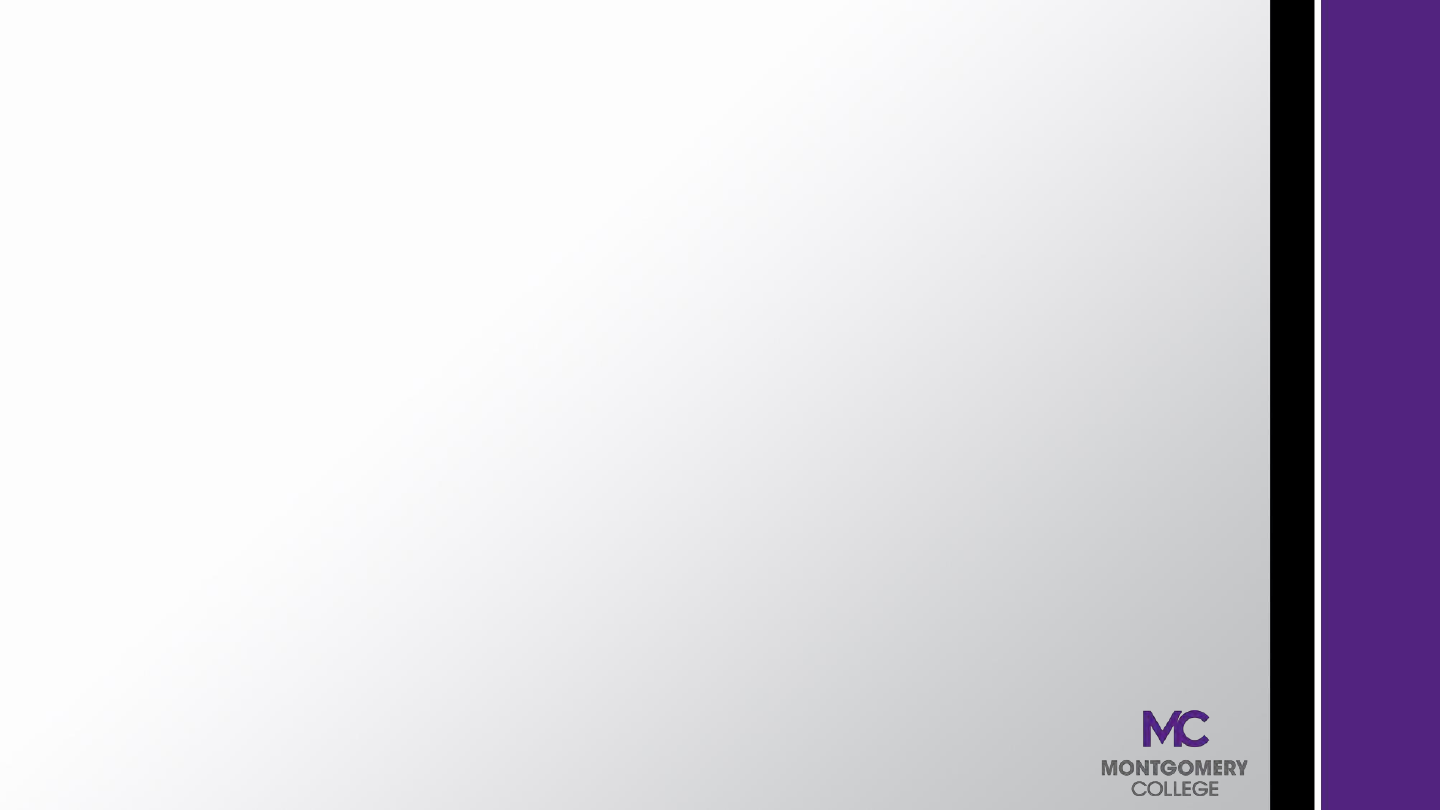
1.4 ATPA
Achieving the Promise Academy

Academic Coaching with Montgomery College’s
Achieving the Promise Academy
Getting into the Olympic spirit
Nik Sushka, Director

HELPING STUDENTS USE ACADEMIC SUPPORT
I used to be quite timid in asking for help about
things I didn’t understand. I felt as though I was
asking dumb questions since I thought all the other
students understood it. However, with ATPA and the
help of my classmates, I found the confidence to
ask more questions.
As a student who has test anxiety, having our ATPA
coach hold review sessions prior to exams helps me
prepare better for an upcoming exam. I have a
sense of peace and organization in mind, compared
to when studying the content by myself.
Dalliya Sosmath
Engineering student

WHAT IS THE ACHIEVING THE PROMISE ACADEMY?
MC’s academic coaching program, created to ensure
every student has the assistance, opportunities, and
tools they need to succeed in college
Our Core Services
Embedded Academic Coaching for Course Success
Personal Academic Coaching for College Success
Drop-in Coaching
ATPA Student Learning Community

ACADEMIC COACHING IN HIGHER EDUCATION
In higher education, academic coaches employ active listening, powerful questioning, and
continuous feedback to assist students in:
examining their own learning environment
identifying factors that impact student academic progress
Becoming engaged in academic activities
Increasing self-awareness, personal responsibility, reflection, and goal setting
Making appropriate plans and take action to achieve goals
Pechac, S, &. Slantcheva-Durst, S. (2019).
Coaching Toward Completion: Academic Coaching Factors
Influencing Community College Student Success.
Journal of College Student Retention: Research, Theory & Practice
23(3), 722-746.

COACHING IS A DISTINCT PRACTICE THAT SUPPORTS
LEARNING
How do I use
in-text
citations in
MLA?
How can I better
understand my
professor’s
expectations?
How can I improve
my note-taking
skills and
memory?
How can I get my
grade back on track
in this class?
How can I use
a more
academic tone
in my writing?

HOW DOES AN ACADEMIC COACH PROVIDE EMBEDDED SUPPORT
FOR COURSE SUCCESS?
Supports students
during class in
collaboration with host
faculty
Connects with
students out-of-class
during coaching
sessions
Sends weekly
messages to students
recapping course
content, reminding
about deadlines, and
referring to resources
Creates and shares
coaching session
reports with host
faculty and ATPA to
coordinate ongoing
support

Spring 2019:
Withdraws mid-semester
from all MC classes
Returns to MC after
a three-year absence
Fall 2022:
Works with English 102
coach, earns a B
Spring 2023:
Begins working with
personal academic coach
(connecting to DSS,
using Learning Centers)
Fall 2023:
Works with Biology 150
coach, earns a C
Spring 2024:
Receives emergency
funding from MC
Foundation (coach served
as advocate)
STUDENTS LIKE CHASE*
* Name Changed for Privacy

HOW DOES A PERSONAL ACADEMIC COACH SUPPORT STUDENTS
LEARNING GOALS ACROSS MULTIPLE COURSES?
Creating a
personalized
academic success
plan
Balancing school,
work, home, and other
commitments
Setting goals and
developing better
habits to achieve
them
Making the most of
MC
by connecting with
students, professors,
and departments

Spring 2019:
Dual enrolled
student wants to be
a nurse
Fall 2019:
D in Math 120
F in Biology 150
Cumulative GPA
1.89
Fall 2020:
Starts working with
a personal academic
coach
Works to improve
study habits, tackle
test anxiety, use MC
Learning Centers
Spring 2023:
2.83 GPA
Completes
Health Information
Management
coursework
Transfers to UMGC,
earning a
Data Science degree
STUDENTS LIKE JASMINE*
* Name Changed for Privacy

SPRING 2024 HIGHLIGHTS

MORE WAYS TO HELP CONNECT STUDENTS TO ACADEMIC
COACHING
1. Promote academic coaching to all students
2. Encourage students to request a personal
academic coach or book a coaching session
3. Invite us to present
4. If your discipline offers embedded support,
collaborate with your part-time colleagues to
integrate coaching into the course
5. Share ATPA events and services with students
on your syllabus: https://linktr.ee/atpa

1.5 Faculty Handbook

Dr. Valerie Lantz
Department Chair of Chemical and Biological Sciences
Takoma Park/Silver Spring
August 20, 2024
Faculty Handbook and Syllabus
New Faculty Orientation

President
Dr. Jermaine
Williams
Dr. Deidre Price,
SVP of
Academic
Affairs/College
Provost
Dr. Edmund
Cabellon,
Interim SVP,
Student
Affairs
Mr. Sherwin
Collette, SVP,
Administrative
and Fiscal
Services
Counseling
Instructional Faculty
Dr. Michelle
Campbell
SVP,
Advancement &
Community
Engagement
The Five Main Divisions of the College

College Structure
▪ FOR INSTRUCTIONAL FACULTY (IF): Senior Vice
President for Academic Affairs (SVPAA) Vice President
and Provost (VPP) Dean Department Chair
Discipline or Course Coordinator / Program Advisor Full-
Time and Part-Time Instructional Faculty
▪ FOR COUNSELING FACULTY: Senior Vice President for
Student Affairs (SVPSA) Dean Department Chair
Full-Time and Part-Time Counseling Faculty

College Expectations
▪ Every Department operates differently, but
each Department has an obligation to:
• Improve equity and success
outcomes for all students
• Ensure the work aligns with College
mission and priorities (images on
the next page)

And… Student
Affairs Master
Plan (StAMP)
Academic Affairs Division
Goals:
• Increase the graduation rate of first-time,
full-time students
• Increase the transfer rate of first-time, full-
time students
• Reduce time to completion
• Reduce cost of completion
• Align programs with workforce needs
• Align programs with transfer requirements

**Faculty Workload
▪ Full-time instructional faculty (IF)
• 30 ESH Minimum per academic year (Fall & Spring semesters); usually 15
ESH per semester (>30 ESH is overload pay)
• Winter and summer teaching are optional
• 5 office hours per week (Remote should still be in office)
• Alternate Time/ESH may be included in the ESH total.
▪ Full-time counseling faculty (CF) - 40 hour work week, including teaching
▪ NOTE: Overloads must be approved by management
(VPP / Dean / Department Chair) –more than 18 ESH/semester
or 32/year.
ESH = “Equivalent Semester Hour”

Part-Time Instructional Faculty Workload
• Earn ESH per course(s) taught
• Earn Alternate ESH for nonteaching duties (ATPA coaching, WRL
Center tutoring, etc.)
• Limit of 11.5 ESH per semester and 23 ESH per year
• Institute for Part-Time Faculty Engagement and Support – excellent
resource!
• Good Faith Consideration for part-time faculty who teach 7
semesters

Faculty Responsibilities (IF and CF)
▪ Teaching, advising, and mentoring of students (IF and CF)
• Hold class as specified by scheduled days, times, and formats
• Submit mid-term and final grades
• Record class attendance
• Implement DSS accommodations
• Sub for colleagues
▪ Development / implementation of new curriculum, pedagogy, and other student success strategies (IF)
▪ Assessment of program or discipline and the utilization of data to make informed decisions (IF)
▪ Participation in student, course, or program outreach events at the College and/or in the community (IF
and CF)
▪ Service to the College, Department, Committee, and / or County (IF and CF)
▪ Engagement in professional development opportunities (e.g., ELITE, conferences, discipline-specific
activities, deep dive data activities) (IF and CF)

Faculty Evaluation Process
A. Three 1 year terms: Evaluated every year for first 3
▪ 3 year term: Evaluated in second year of 3 year term
▪ Rolling 5 year terms
B. Evaluation Process: You will be notified and sent forms and procedures by Dean.
N. B. Each unit/department may handle evaluations somewhat differently.
Fall semester– Self Evaluation (no form); Two FT faculty, Dept. Chair and Dean to do
classroom observation (Form B1); Each peer also has to complete a second overall
evaluation form (Form C); Department Chair (Form D) Hint: complete in MS Word, not pdf
and paste into Workday
Spring semester: Turn in all required forms from evaluators and self evaluation on
Workday– Due to Dean early in spring semester. Dean reviews evaluations and meets with
you.

Professional Development:
▪ Required training
▪ Professional Meeting leave
▪ ELITE professional development workshops and courses/programs
▪ MC Open/Open Educational Resources
▪ EAP benefits for full-time faculty (conferences- e.g. AFACCT)
▪ MC fellowships (Scholarship of Excellence in Teaching, MC-Smithsonian
Faculty Fellowship, Global Classroom, & Quantitative Reasoning)
▪ IT support & Blackboard support
▪ Library & learning center workshops and student support/tutoring
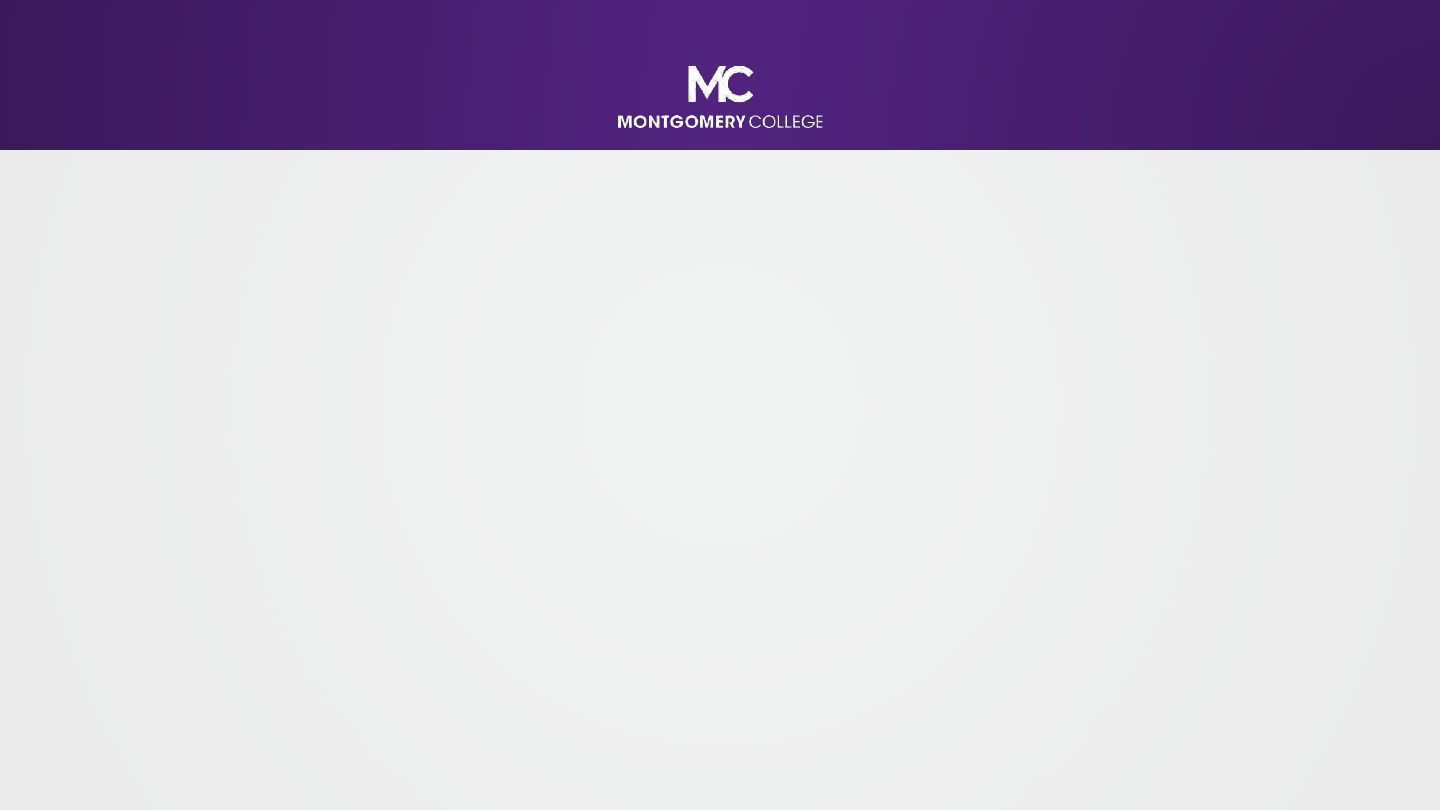
Faculty Obligation Days and Leave Policies
▪ Leave requests must be filled out in Workday which will be sent to
your Dean for approval (Be familiar with leave policies.)
**Inform Dept. Chair and Administrative Aid
▪ Instructional duty days - when classes are in session
• Full day vs. half day vs. ¼ day
▪ Non-instructional duty days – when classes are not in session (e.g.,
Professional Week, Advising Day, day before Thanksgiving, week after
final exams, Commencement)
• Full day vs. half day vs. no leave (if no scheduled events)

What to do if….. you can’t teach a class?
• Inform Department Chair and (Course) Coordinator.
Another FTF (or PTF) should sub; sometimes, an
alternate assignment is feasible
‒ Class cancellation should be the last resort
• Inform students: Contact via Blackboard; Tell your
Department Administrative Aide who will likely put a note
on your classroom door, if applicable; faculty often use
Remind or other apps to communicate with students as
well as MC email
• Use Blackboard regularly so that you can use it as an
additional method of classroom delivery

Understanding Your Students and
Managing Your Classroom
▪ Review the Student Code of Conduct
▪ Be cognizant of textbook expenses (zero cost textbooks / OERs)
▪ Familiarize yourself with College resources (Learning Centers, ATPA,
library, etc.)
▪ Print out your class roster (from MyMC) and take attendance
▪ Set aside 5 office hours per week (required for full time faculty)
▪ Encourage regular use of Blackboard
▪ Follow the syllabus template and email your syllabi to your Department
Chair, Discipline/Course Coordinator, and Department Admin. Aide.
** Be involved in additional ways that help your students as well as the
rest of the MC student population **

Syllabus Template – Requirements
Montgomery College Syllabus Template | Montgomery College, Maryland
▪ Ask the Course Coordinator/Coordinator/Chair for examples
▪ Follow syllabus template format below so students have consistent format
Information required in all syllabi
I. Contact Information
II. General Course Information
III. Common Course Student Learning Outcomes
IV. Textbooks, Workbooks, and Supplies
V. Course Requirements
VI. Student Code of Conduct
VII. Collegewide Policies & Procedures
VIII. Additional General Information
IX. Course Schedule
Consider adopting Inclusive Syllabus Language

What to do if……you have a student trying to
register for your class after the first session has
met?
• Refer the student to your Department Chair to see if
he/she/they qualify for late registration
‒ Per the College’s On Time Registration Policy (2015), there are
only a few exceptions that allow late registration
• Do not allow a student to sit in your class if he/she/they are
not enrolled
• MC offers late-starting classes on a 13-week and 7-week
schedule.

What to do if..…you’re having a student issue?
• Try to handle the situation with the student first by:
‒ Actively listening to understand the issue
‒ Referring the student to appropriate College resources:
▪ Disability Support Services
▪ Writing, Reading, and Language Center; Math and Science Learning Center
▪ ATPA one-on-one coaches
▪ The SHaW Center (Katharine Campos is the social resources coordinator and
Brandon Muncy is the mental health services program manager).
▪ Others
• If the student issue is intense or cannot be easily resolved,
contact your Department Chair.

Behavioral Intervention Resources:
▪ Academic Integrity Report
▪ Standards of Conduct Report (for non-academic violations of
Student Code of Conduct)
▪ Behaviors of Concern Report (for mental health and related
concerns)
▪ Sexual Misconduct Report (Title IX)
▪ Submit an Incident Report | Montgomery College, Maryland
Go to your Department Chair or long term FTF member for help and advice.

What to do if……you have a student who misses
classes?
• Email & talk with the student to find out what is going on before making
the final decision to drop the student. Dropping (withdrawing) a student is
a last resort. Withdrawals may impact financial aid, veterans’ benefits,
and visa status.
• Announce the attendance policy in class and write on your syllabus; the
language should be taken from the syllabus template.
• Inform students of the withdrawal and refund dates (from MyMC).
• Know if a student has DSS accommodation for flexible attendance.

Resources
▪ Faculty Handbook:
• http://info.montgomerycollege.edu/faculty/resources/handbook/
▪ Course Catalog
• http://catalog.montgomerycollege.edu
▪ Syllabus Template
• http://info.montgomerycollege.edu/faculty/resources/handbook/montg
omery-college-syllabus-template.html
▪ Faculty/Staff Assistance Program:
• Faculty and Staff Assistance Program (montgomerycollege.edu)

Any questions?

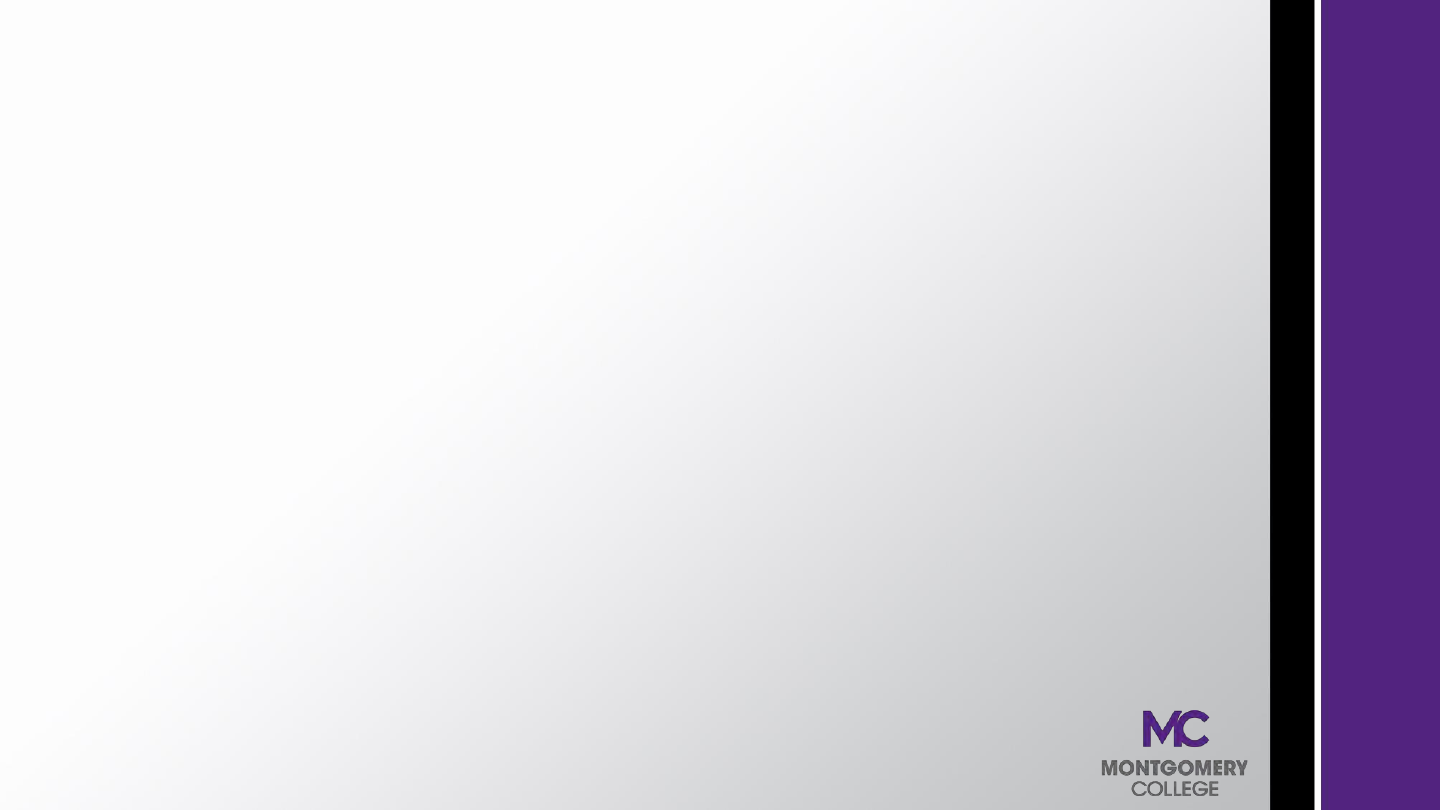
1.6 Professional Development
Dr. Paul Miller

PROFESSIONAL DEVELOPMENT OVERVIEW
NEW FACULTY ORIENTATION
Dr. Paul D. Miller
Professional Development Director

HIGH-QUALITY PROFESSIONAL DEVELOPMENT
ENGAGE, ENRICH, EMPOWER!
ELITE IS COMMITTED TO PROVIDING PROGRAMS, CLASSES
AND SERVICES THAT SUPPORT EMPLOYEES AND WORK
TEAMS, AND IMPACTS STUDENT SUCCESS.

WHO WE ARE
• INSTRUCTIONAL DESIGNERS
• TRAINING & DEVELOPMENT COORDINATORS
• FACULTY ASSOCIATES
• CAMPUS WORKGROUPS (FACULTY AND
ADMINISTRATORS)

What does the MC Community say about
Professional Development?

OF FACULTY BELIEVE THAT ELITE’S
PROFESSIONAL DEVELOPMENT OPPORTUNITIES
ARE RELEVANT TO THEIR WORK.
Source: Summer 2021 Institute
97%

Our Professional Development
Taxonomy

GUIDING PRINCIPLES OF PD
• INTENSIVE, ONGOING, AND
CONNECTED TO PRACTICE
• STRATEGICALLY ALIGNED &
PRIORITIZED TO MC 2025
• BUILD COLLABORATIVE &
REFLECTIVE LEARNING
COMMUNITIES
• EMBRACE ONLINE TOOLS
• ACTION RESEARCH FOCUSED
CORE FEATURES OF PD
• INTEGRATED CONTENT &
PEDAGOGY
• COHERENCE WITH STANDARDS
AND POLICIES
• ACTIVE LEARNING OPPORTUNITIES
MENTORING/COACHING/
APPRENTICING
• INDIVIDUAL LEARNING
(Adapted from Darling-Hammond & Chung Wei, 2009)

PROGRAMS AND SERVICES

PROGRAMS AND SERVICES

Professional Week
ELITE Workshops: August 29, 2024
www.montgomerycollege.edu/offices/elite/professional-week.html

Academy for Teaching
Transformation
www.montgomerycollege.edu/offices/elite/academy-for-teaching-transformation.html

ELITE Catalog
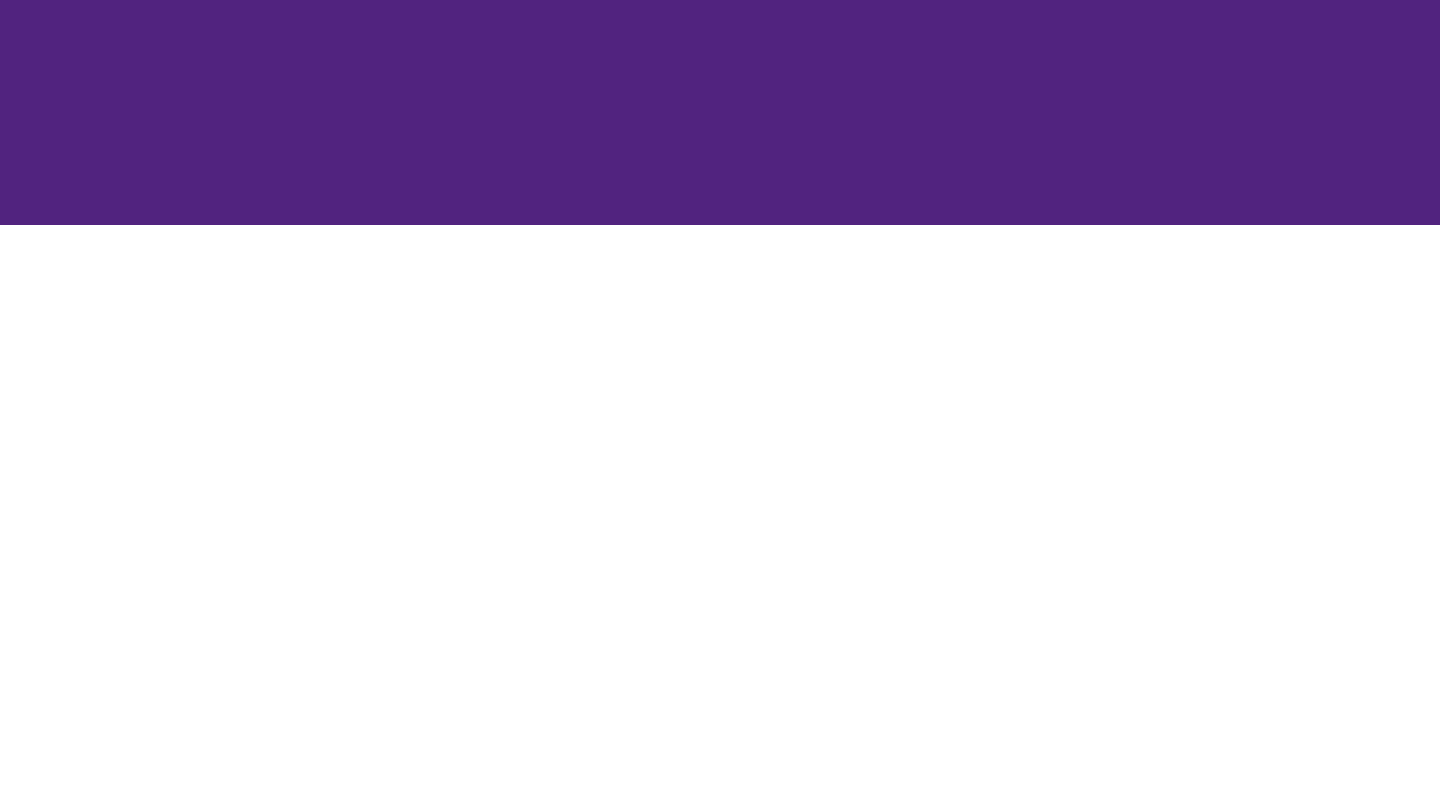
ELITE BIG EVENTS
• ELITE After Dark
• Faculty Showcase
• Love of Teaching Conference
• Pedagogical Discussions
• Tech-it-Out
• Office 365 Applications Training
• Universal Design Center Summit
• Maryland H5P Collaborative


PEDAGOGICAL TRAININGS & WORKSHOPS

PEDAGOGICAL TRAININGS & WORKSHOPS

REQUIRED TRAINING
MC LEARNS
through Workday
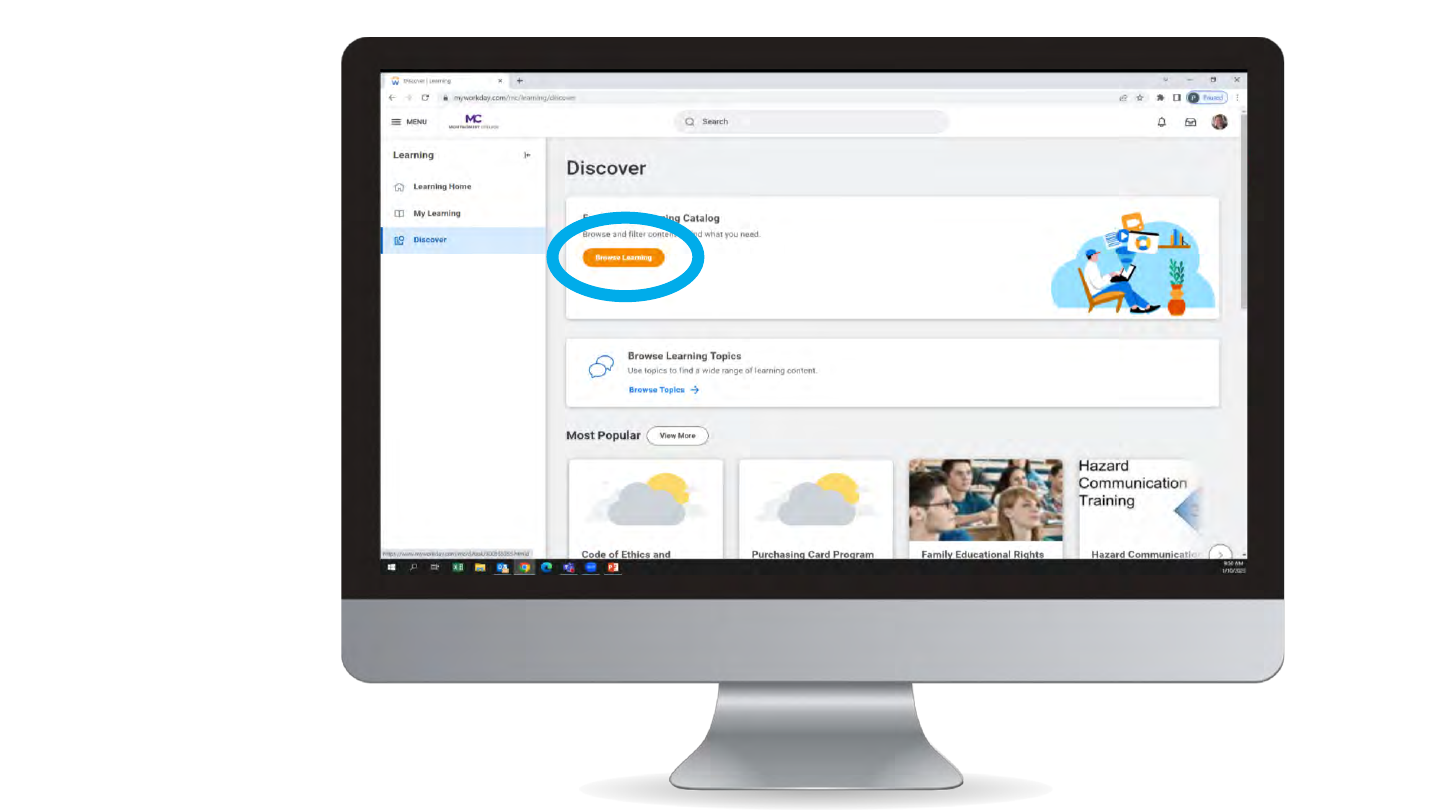
MC LEARNS
through Workday

QUESTIONS
DR. PAUL D. MILLER
paul.miller@montgomerycollege.edu
www.montgomerycollege.edu/offices/elite

1.7 DSS

Disability Support
Services Info Session
Mr. Brandon Fowler, Interim Collegewide Chair, DSS
Dr. Melissa Scarfone, Counseling Faculty, DSS

Agenda
Introductions Overview of DSS
Common
accommodations
and
implementation
How we can work
together to best
support our
students


DSS works with a diverse student population
Learning disabilities
Attention-deficit disorder (ADHD/ADD)
Mental health disabilities (anxiety, depression, post-traumatic stress
disorder, etc…)
Autism spectrum
Brain injuries
Physical and medical disabilities
Vision and hearing impairments
Temporary conditions (broken arm/leg, concussion, etc…)

Accommodations
What are reasonable accommodations?
Changes to the learning environment that help students with disabilities access
the curriculum and participate in learning.
Required by law (ADAAA and Section 504 of the Rehabilitation Act)
Remove institutional barriers to provide access to the curriculum (do not
guarantee success); level the playing field – do not provide unfair advantage.
Accommodations foster a diverse and inclusive academic community where
students with disabilities are valued and have the opportunity to contribute fully
Students with accommodations must do the work just like any student
without accommodations
Examples of accommodations (not an inclusive list)
Extended time on tests
Reduced-distraction environment (tests)
Access to notes
Flexibility with deadlines or attendance

Accommodations, cont’d
Professor is NOT expected to:
Change or adjust assignments
Change or adjust course content
Provide specialized or individualized instruction
Provide accommodations to students who do not have an
accommodation letter from the DSS office
Accommodations cannot be denied unless they cause a fundamental
alteration of the curriculum
All student must abide by the Student Code of Conduct. Disability is
never an excuse for bad behavior (plagiarism, acting out in class,
etc.)

Accommodations: Key Takeaways
The goal is to reduce or eliminate barriers to learning
without altering the essential requirements of a
course or program.
Accommodations should not
Compromise academic standards
Provide an unfair advantage
Guarantee student success (they guarantee
access
)

Overview of the DSS Process
Students must self-identify to the DSS office
Simple on-line application
Meet with a DSS counselor and provide relevant documentation
Accommodations and services are determined on a case-by-case
basis using an interactive process
Additional services that are provided by DSS include tutoring, study
skills strategies, assistive technology training, limited counseling
and advising—These are NOT accommodations
Accommodations are not retroactive
DSS provides all services in-person and virtually (through email,
phone, and zoom). Please visit our website for more information.

I received an
accommodation letter in my
email, now what?
The process for reviewing accommodations is the
same for in-person and virtual courses
Acknowledge receipt of the letter
Discuss how the accommodations will be
implemented in your class
Recognize that not all accommodations may be
used or apply to your course
How do I know?...ASK the student
If the student indicates that they do not
want to use an accommodation, confirm via
email

Common questions
How to implement the access to notes accommodation?
Lecture notes/PowerPoints available online
Peer-notetaker
Digital Recorder/Smart Pen
Recorded Zoom session
How to implement an assistive technology accommodation?
Kurzweil (Text-to-Speech technology)
Universal design vs. accommodation?
Am I covered if I use universal design strategies?
How to implement flexibility with deadlines/attendance?
Requires an implementation plan
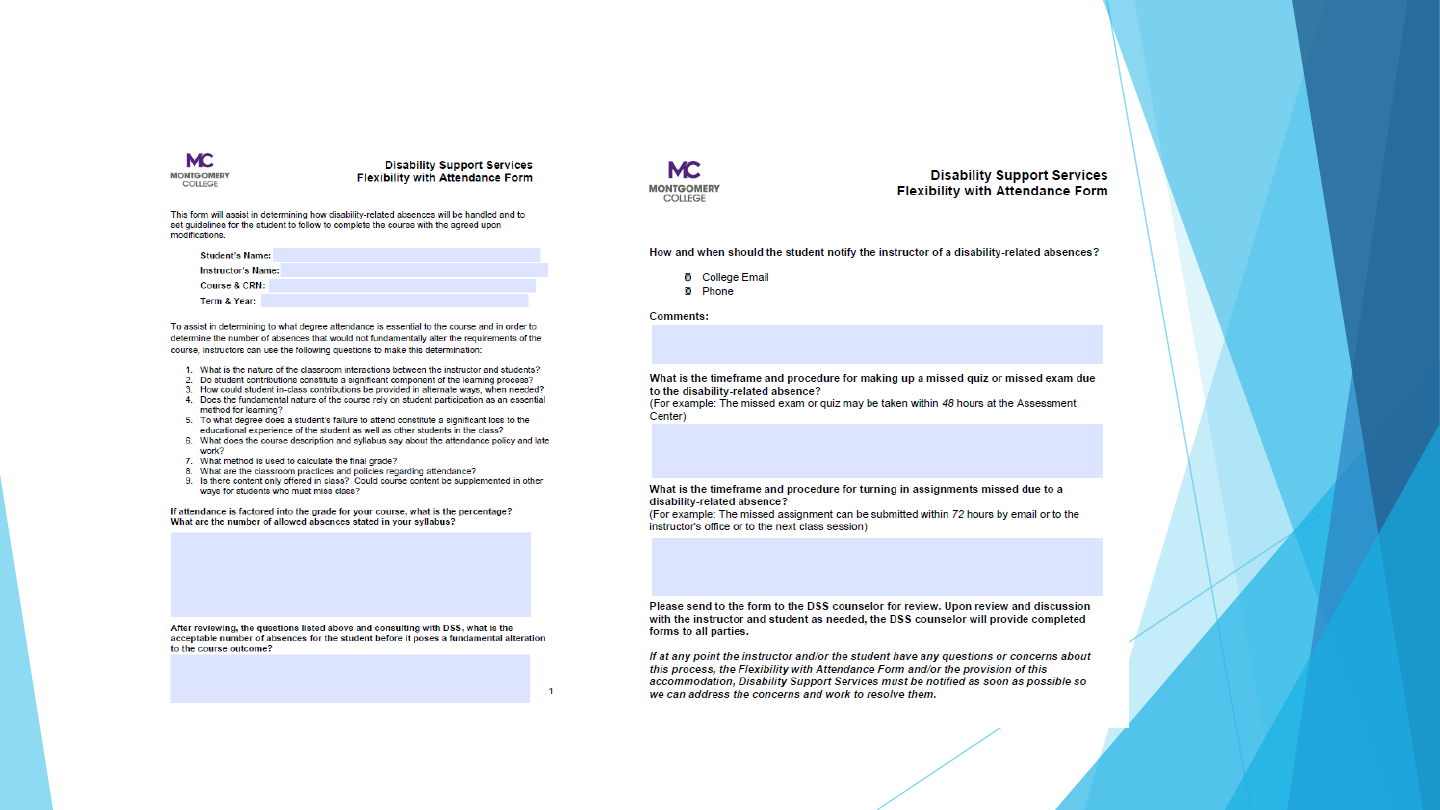
Implementation Plans

Common Concerns
Captioning- Let’s talk
All digital media should be
captioned
Choose materials that are
already captioned and check
accuracy
If there is a student in the class
who is deaf/hard of hearing, DSS
will caption digital media as an
accommodation

What would help us? We are on the
same team!
Timely communication is essential
Send materials as soon as possible for captioning or alternate format conversion
Respond to emails from the DSS faculty/staff
Avoid negotiating an accommodation, instead contact the DSS counselor if
you have questions or concerns
Do not tell a student they don’t need extra time for testing, ignore an
accommodation, ask about their disability/diagnosis, or discuss/identify a
student by their disability.
Maintain confidentiality

OUR VISION

Questions?

Thank you!


